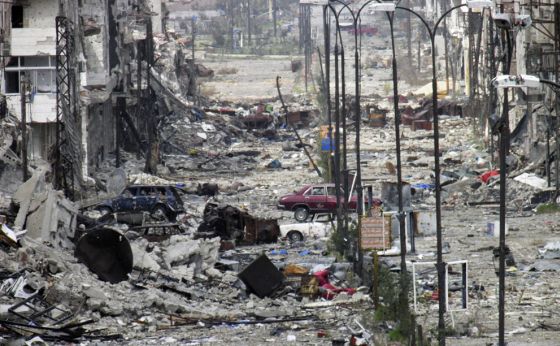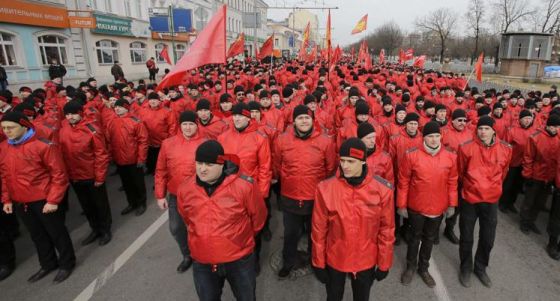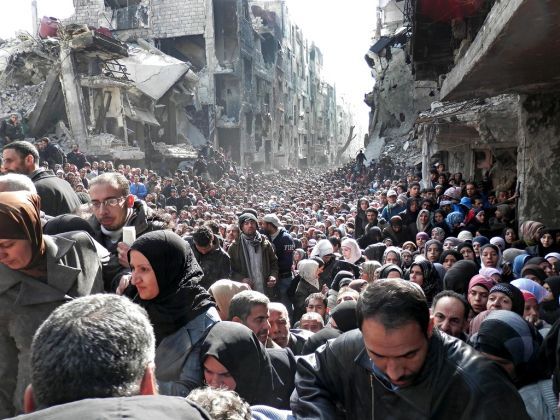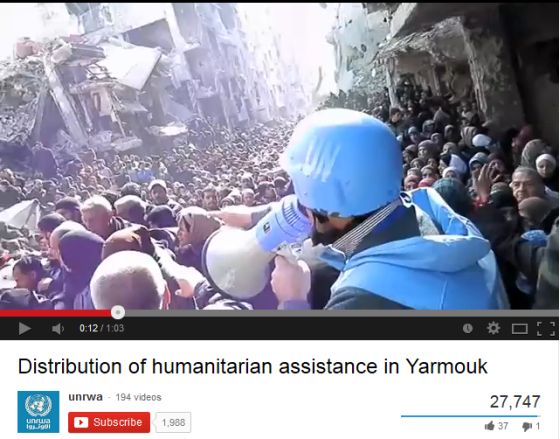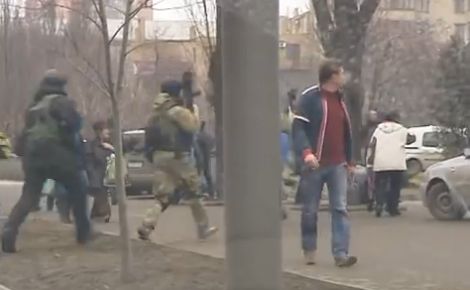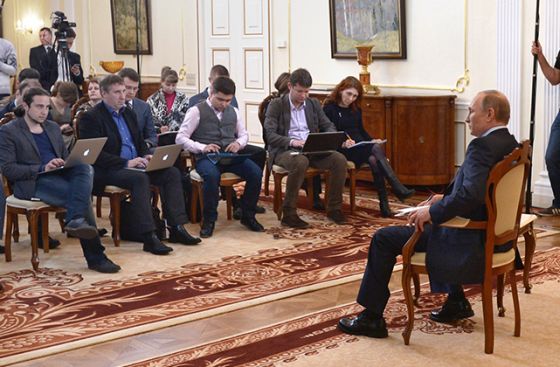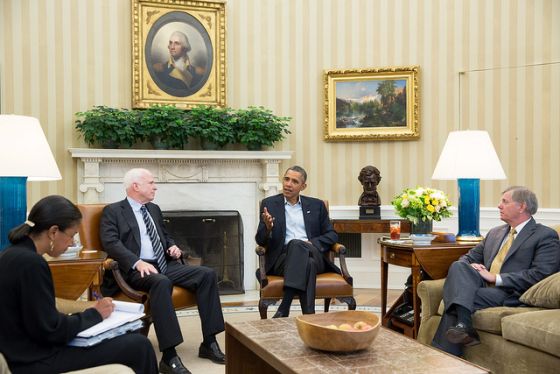(Update: I did a follow-up post on this. Two pieces on Blackwater in Ukraine is probably more than twice as many as the story merits.)
 On February 28, soon after unidentified pro-Russian troops had seized control of Crimea, the Daily Beast blasted the headline: “Exclusive: Russian ‘Blackwater’ Takes Over Ukraine Airport.”
On February 28, soon after unidentified pro-Russian troops had seized control of Crimea, the Daily Beast blasted the headline: “Exclusive: Russian ‘Blackwater’ Takes Over Ukraine Airport.”
The presence in Crimea of well-armed and well-organized troops with no markings or identification was fueling lots of speculation about whether they were Russians. Josh Rogin believed he had part of the answer:
Private security contractors working for the Russian military are the unmarked troops who have now seized control over two airports in the Ukrainian province of Crimea, according to informed sources in the region.
“Private security contractors” isn’t very punchy for a headline and the name Blackwater has plenty of suitably sinister connotations, so the soldiers got dubbed as a Russian ‘Blackwater’ — no doubt the inclusion of that name also served as an effective traffic booster for the Daily Beast.
As the situation in Crimea rapidly changed, whether Rogin’s “informed sources” turned out to be reliable on this specific question quickly became a moot point. However, there’s every indication that his headline just as quickly morphed and took on a new life of its own.
For someone in Moscow, the irritation of seeing Russia’s operatives tarred with an infamous American name may have then given way to a much more interesting idea. Take away the quotes and make it Blackwater in Ukraine — there’s a story!
On March 2, a post appeared on a livejournal page belonging to “stbcaptain” which claimed, “According to our Ukrainian friends,” (“По информации наших украинских друзей”) up to 300 people employed by “Greystone Limited” had arrived at Kiev’s international airport that night, noting Greystone’s connection to Xe Services, formerly known as Blackwater.
Two days later, Voltaire Network, a favorite watering hole for conspiracy theorists, ran the headline, “US mercenaries deployed in Southern Ukraine.” The source for their brief report: Russian political scientist Alexander Dugin.
That Dugin’s name was linked to this story so early in its creation, is probably quite significant. While Voltaire refers to him simply as a political scientist, he is also the leading ideologist behind the Eurasia Movement seeking the restoration of the Russian Empire.
“Rather than rejecting totalitarian ideologies, Eurasianism calls upon politicians of the twenty-first century to draw what is useful from both fascism and Stalinism,” writes Timothy Snyder from Yale.
Dugin is committed to the break up of Ukraine. In a “letter to the American people on Ukraine” published on the website Open Revolt, which is affiliate with the white supremacist American Front, Dugin wrote on March 8:
Ukraine as it was during the 23 years of its history has ceased to exist. It is irreversible. Russia has integrated Crimea and declared herself the guarantor of the liberty of the freedom of choice of the East and South of Ukraine (Novorossia).
The same day that Voltaire posted its Dugan-sourced “U.S. mercenaries” story, a strange video appeared on YouTube, “USA military mercenary BlackWater in Ukraine (Donetsk),” posted on the obscure iRusTV channel. The video shows a group of men dressed in paramilitary gear, supposedly on the streets of the eastern Ukrainian city of Donetsk, running around in confusion.
Iran’s Press TV aired the video, claiming that locals were shouting “Blackwater!” at the armed men.
The shouting, however, is actually being directed at a civilian (a government worker perhaps), and the word which sounds vaguely like “Blackwater” is in fact Работай, which means “work” (as in “go back to work”).
The headline-hungry Daily Mail then leaped into the fray with “Has Blackwater been deployed to Ukraine? Notorious U.S. mercenaries ‘seen on the streets of flashpoint city’ as Russia claims 300 hired guns have arrived in country.”
With the story now having received the imprimatur of the Western mainstream media, Moscow’s RT was ready to jump in, while assuming a cautious posture by adding plenty of ostensibly judicious caveats — the authenticity of the videos being “hard to verify” and so forth.
Ivan Fursov, writing his report as an RT “op-edge” column, says:
Surely these men were not Blackwater – simply because such a company does not exist anymore. It has changed its name twice in recent years and is now called Academi.
The latest article on the case, published by the Daily Mail, claims that though these people did look like professional mercenaries, they conducted the operation too openly.
Of course, such is the fodder for conspiracy theories: those planting the seeds don’t need to make any assertions of fact. All they need do is tease the imagination of an audience filled with febrile minds — the minds of people who are willing to believe almost any story if it happens to validate their own rigid worldview.
In what appears to be an organized effort to spread the propaganda, Blackwater in Ukraine videos are now being uploaded onto lots of new YouTube accounts.

